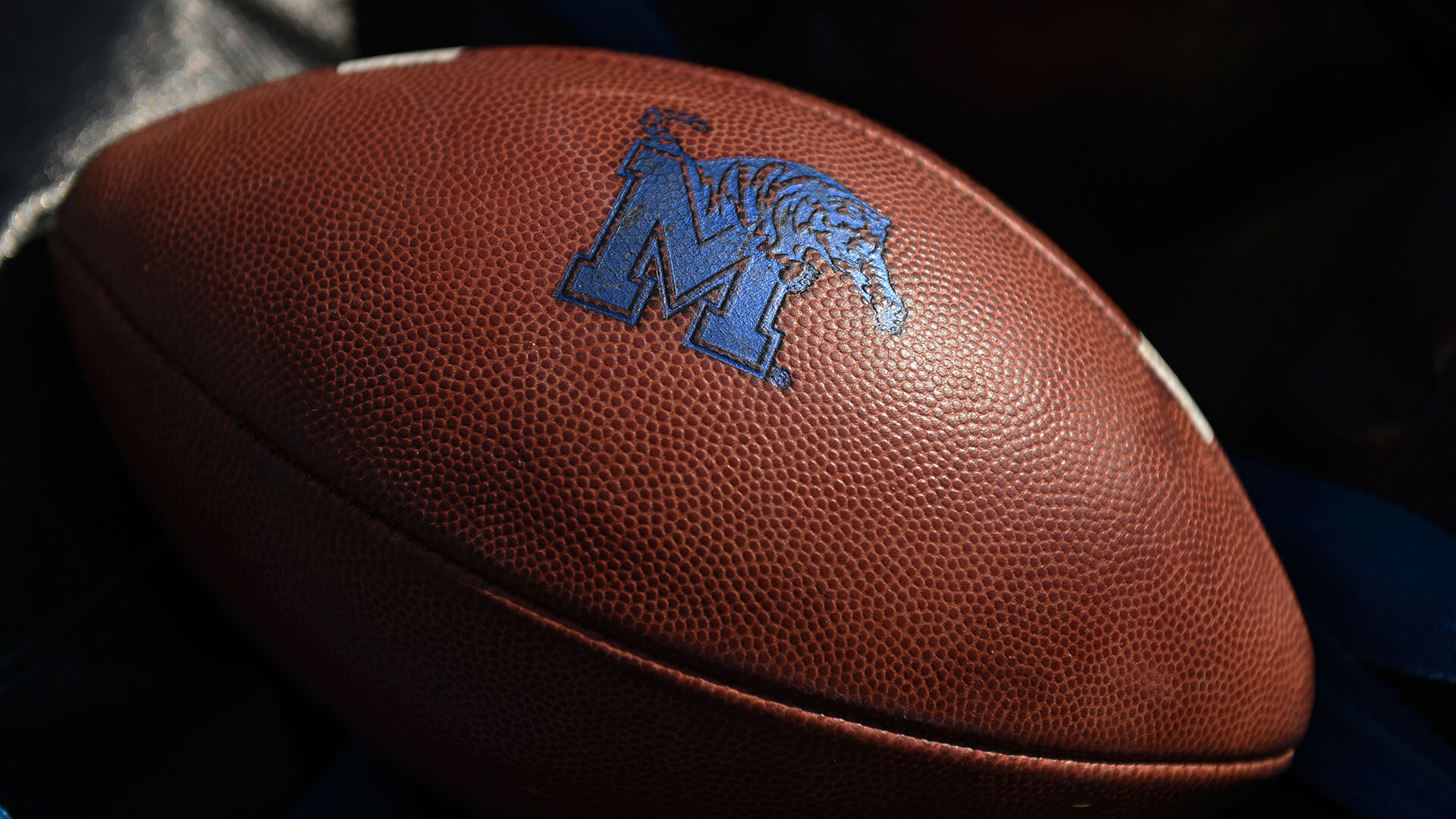
College Football’s Real MVP? The Transfer Portal
Lang WhitakerA few weeks ago, I had the chance to take my son to his first college football game at the University of Georgia. It wasn’t his first college football game–last year we went to a Memphis Tigers game, and had a great time walking up, buying tickets and sitting in the bleachers on a crisp fall Saturday. But this was my son’s first SEC football game, his first experience visiting a small town that swells to bursting on a Saturday afternoon as everyone comes in and spends a weekend watching their favored team play.
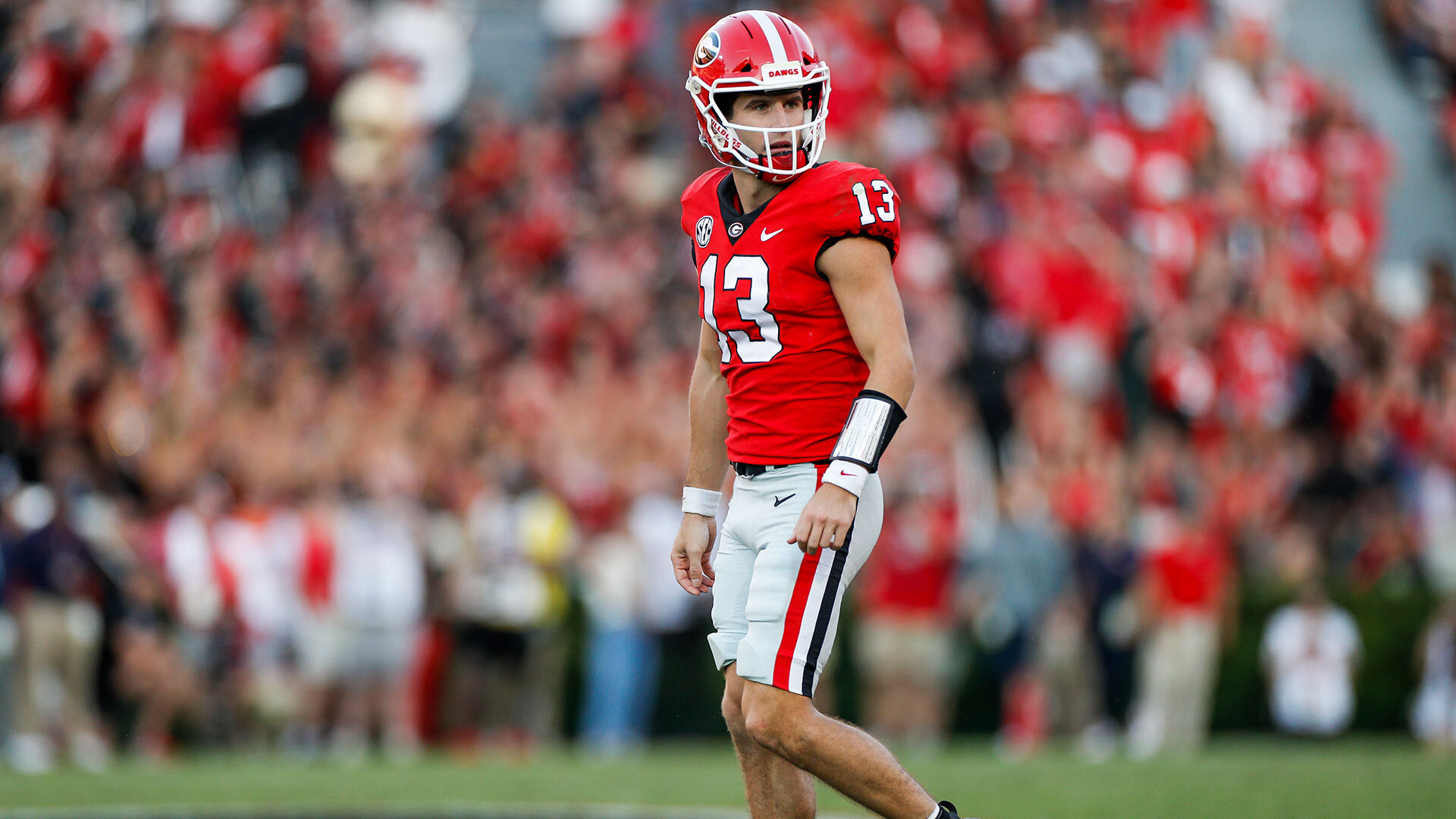
He loved it, and as we were leaving he said he wanted to get a UGA quarterback’s jersey. But which player to get? Starting QB Stetson Bennett is probably the most popular player, but he’s a sixth(!)-year senior who’ll be gone next season. The backup is Carson Beck, but there’s another backup QB named Brock Vandagriff who may beat out Beck for the starting job next season. The fourth-stringer is a former four-star named Gunner Stockton, who likely won’t be sitting as a backup for long. Because in college football, if you aren’t playing somewhere, you aren’t playing at all. All three QBs who were jockeying for time at UGA two seasons ago are now starting for different schools (Dwan Mathis is at Temple, JT Daniels is at West Virginia, and Bennett is still at UGA).
Thanks to college football’s transfer rules, and giving the players the ability to move schools without penalizing them, it’s become easier than ever for players to find new places to play. This is something many people fretted about for years. Players would be able to change teams so quickly, it would devalue what we love about college football: the continuity; the loyalty; the familial belonging. And since players have been able to transfer without delaying their playing, it has certainly created some musical chairs.
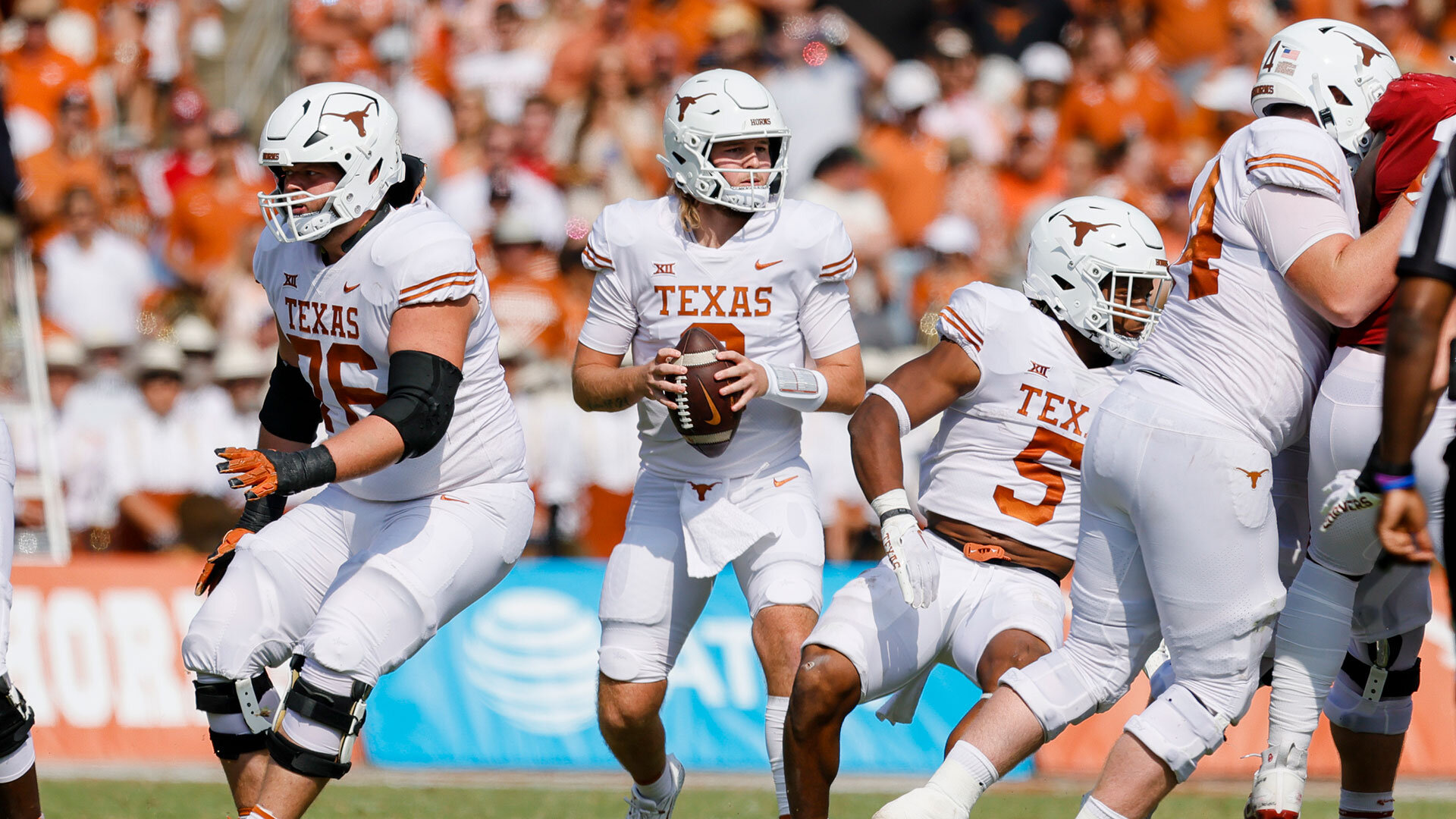
Look at Quinn Ewers. The Texas high schooler committed to the University of Texas, then decommitted to head to Ohio State, where he couldn’t beat out CJ Stroud for the starting gig. So, Ewers transferred back home to Texas, where he currently has the Longhorns sitting at 4-2 and looking like they’re heading in the right direction. Of course, enrolling at Texas next year will be another top QB, Arch Manning, presumably with assurances that he’ll be able to come in and play right away. So, what happens to Ewers? What will happen to Manning?
Look at Hendon Hooker. After a great high school career in North Carolina, he committed to Virginia Tech, where he redshirted, then played three seasons. He then transferred to Tennessee, where he started last season as the backup to Joe Milton, and this season, as the starter, Hooker has Tennessee off to a 6-0 start. He’ll turn 25 years old in January, and is older than Trevor Lawrence, Tua Tagovailoa and Jalen Hurts. But he’s also had a great college career, and you could argue he’s made college work for him at a level unlike most others.
STETSON BENNETT 64 YARD RUSHING TOUCHDOWN!!
— PFF College (@PFF_College) October 8, 2022
Meanwhile, Stetson Bennett is just a few months younger than Hooker, and he’s in his sixth year at UGA. Bennett walked on at UGA in 2017, transferred to a JuCo for a season, transferred back to UGA, wormed his way into the starting lineup after everyone else either got hurt or failed, and won a National Championship a season ago. Thanks to the COVID year, Bennett got a sixth year of playing time, and he currently has the Dawgs sitting at number one overall.
Washington brought in five Power Five transfers, and they’re currently 4-2. Ole Miss signed 17 transfers, and they’re 6-0 and ranked ninth overall. USC and Lincoln Riley brought in almost a whole new team of transfers, and they’re 6-0 and ranked seventh overall. The latest trend seems to be guys who play a few games, realize they may be better off elsewhere, then sit out the rest of the season and use a redshirt year so they can save the season to utilize it elsewhere. From the perspective of a player, it seems like it makes sense. The revolving door seems to be ready to revolve again.
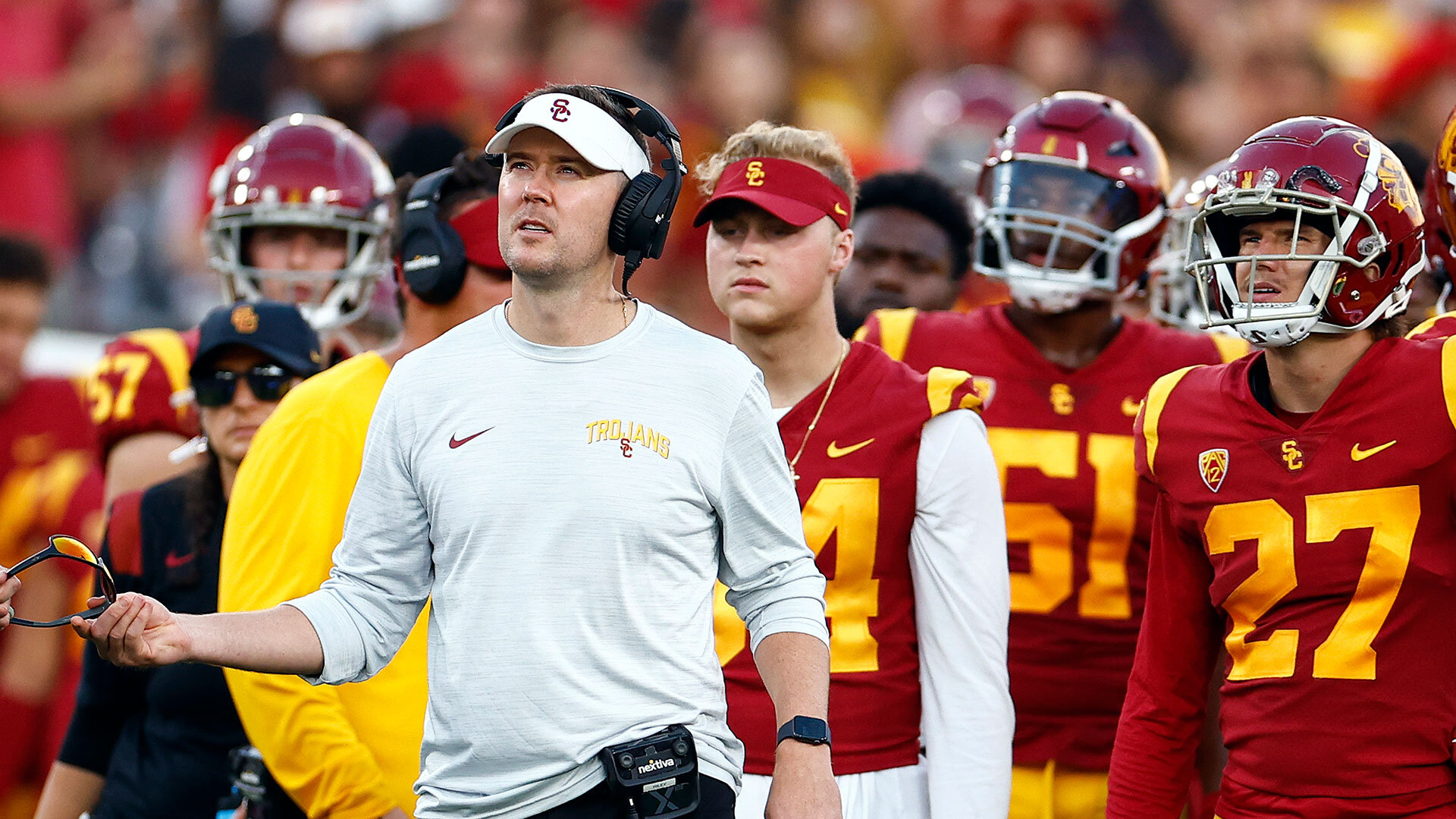
And for the most part, the revolving door has been pretty, pretty good, for a ton of players. Now, does this scream loyalty? No. But did it scream loyalty when coaches could leave without penalty, but players couldn’t? Perhaps the player having flexibility puts coaches in a bad situation, like when someone gets injured and a guy who would otherwise be the backup has departed for greener pastures. But then, maybe the coach shouldn’t have promised playing time when he was trying to recruit the player?
No matter how you sort all this stuff, at the end of the day (or season), doesn’t having a more open transfer portal help college athletes be more like actual college students? The point of going to college is to get you ready for life. You figure out what it is you want to do, what it is you’re good at, and then you hone your skills so that by the time you’re done with school, you’re ready to chase after that future.
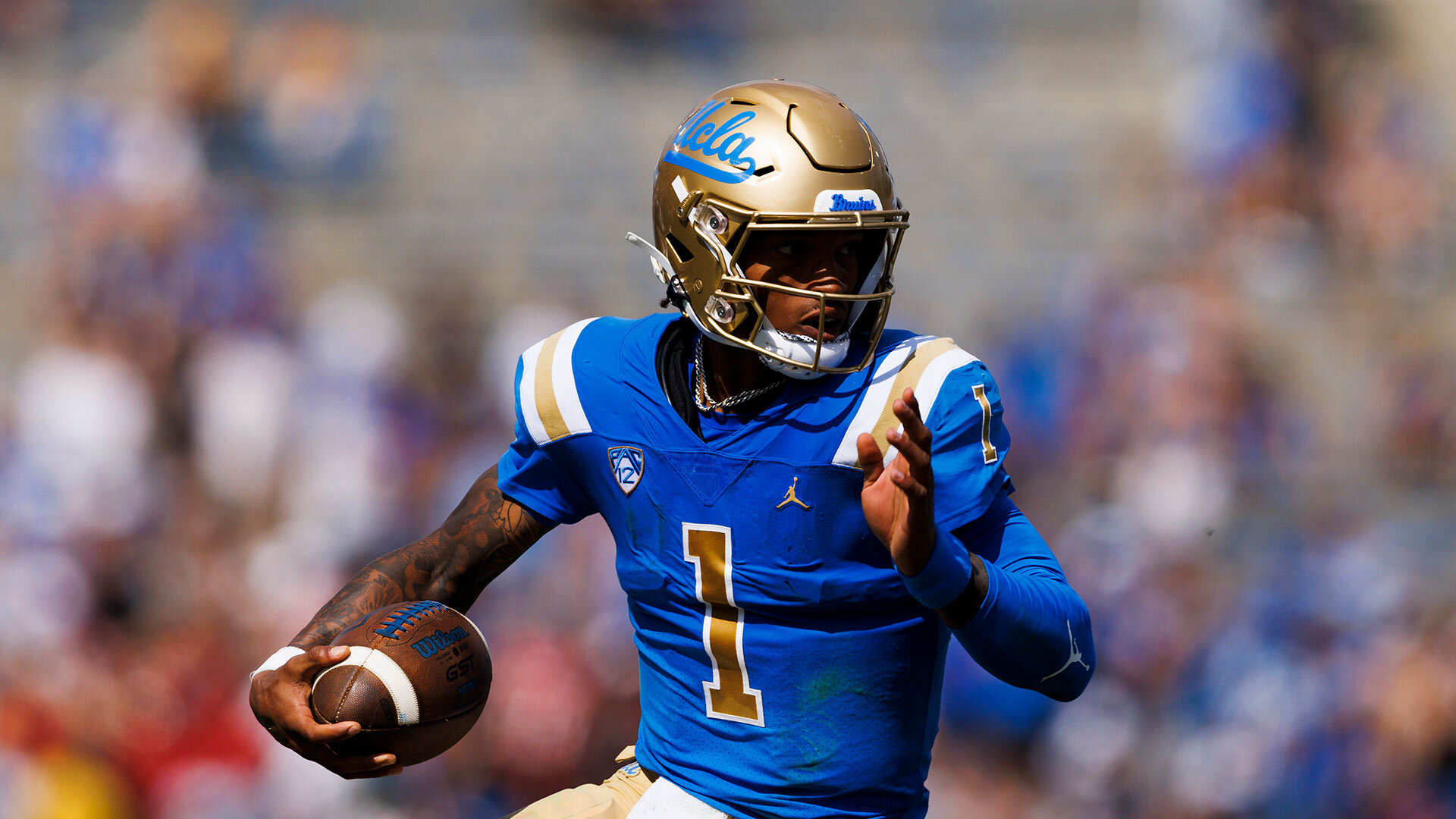
Because life isn’t simple. Sometimes there isn’t a straight line between points, and you must change your path or your plans on the fly. College is the time you should learn lessons and begin to understand ways to navigate all the curves life can throw at you. And hey, it doesn’t have to be a bumpy road for every college football player: Dorian Thompson-Robinson has been at UCLA for like six years; Bennett has been at UGA longer than most of the coaching staff. But if you get to college and things aren’t what you had planned, the transfer window gives you the option to make lemonade out of those lemons.
And the rest of us will just have to buy jerseys without names on the back.
Isn’t the name on the front what we’re rooting for, anyway?
Published on Oct 13, 2022
Related content

